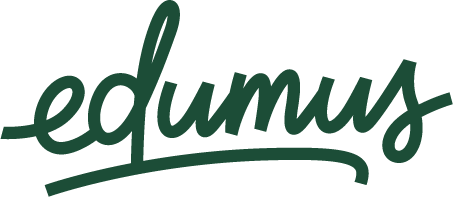Creating circular economy
Our economy is designed to extract raw materials from nature, process them into usable goods and then discard them either into a landfill, incinerator or somewhere in nature (usually by accident). This linear system is wasteful and the losses result in negative environmental impact.
The alternative to the linear economy is the circular economy, which is all about redesigning the way we produce goods and services so that they meet our needs in more sustainable and regenerative ways.
In this course, you will learn…
To describe what is the circular economy and differentiate it from other economic models
To apply circular economy principles in product and service design
Which are the waste hierarchy principles and how to use them to design circular products and services
To explain what is greenwashing and how the recycling system works
How to keep materials and products in use based on “reuse” principle
To identify ways that nature sustains itself and gives us solutions for circularity
How to regenerate natural systems
To develop circular products and services
Modules
Introduction. Setting a common understanding of the circular economy
Explaining circular economy in today’s social context
Analyzing Circular economy principles
Waste hierarchy and the principles of Refusing, Reducing, Reusing, Recycling, Rotting
Circular economy design principles - designing out waste. Discovering materials: Plastics.
Circular economy design principles - Keep materials and products in use. Sharing economy and “Reuse” principle
Circular economy design principles - regenerate natural systems. Biomimicry: how nature helps us to design circular
Systems thinking: discover what is a system and how we can intervene in it
Design your own circular products/services - identify the problem
Design your own circular products/services - see the challenge from different perspectives
Design your own circular products/services - Envision the future
Schedule
The course will happen in the period from 13 September 2022 to 13 December 2022. The live online classes will take place on Tuesdays from 15:00 to16:30 (2:00 PM to 3:30 PM CET).
A total of 17 classes of 90 minutes are planned. 12 of those are live online classes and 5 are meant for individual or group work.
The price of the course is 50 €
Course teacher
Katerina Chantzi
Katerina is a project manager, social entrepreneur, and educator for sustainable development. She has a degree in Social Entrepreneurship from Tallinn University and Social Policy from Panteion University in Greece. She is currently working as a Project Manager at Cleantech Estonia and she is working on her enterprise BinFree, helping people to take action toward climate change and sustainable development. She has worked in education for 9 years in Estonia and abroad.
Frequently asked questions
-
Edumus School is a fully distance learning school. Lessons happen in live video conferences, and in addition to online lessons, students are given homework and out-of-class assignments.
-
Upper secondary / high school students from several countries in Europe can study at Edumus School. Our courses are mostly designed for upper secondary / high school students (grades 10-12), but they are also open to students of younger age.
-
At Edumus School, you will be taught by professionals in their field, who work in the course area on a daily basis. Before starting the course, all Edumus School teachers undergo a modern pedagogical and distance learning training.
-
The live online lessons take place once or twice a week, outside school hours or on weekends. The exact times of the lessons will be agreed once the whole group is booked (unless specified differently on the course page).
-
The course fee is generally paid by the student. Some schools are ready to pay for such courses – you must apply in writing to your school administration. Edumus School does not guarantee that the school will reimburse your course fees.
-
Each student who completes the course receives a certificate. If the course suits your school's programme, it can be accounted as an elective course. To do this, you must apply to the management of your school (specific requirements may vary from school to school).

